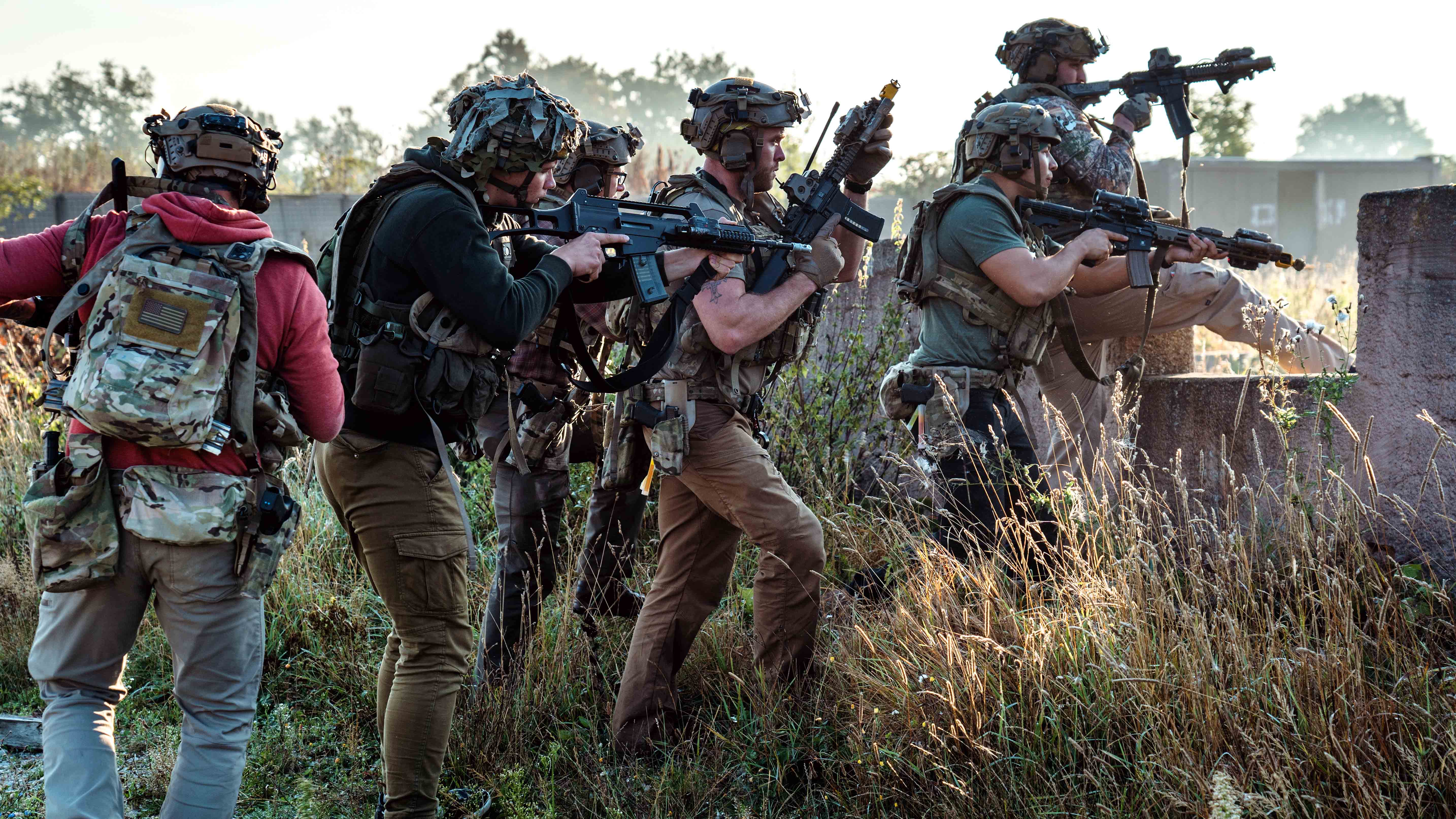Special Operations ‘Vigilant’ Against Growing Threats
Special Operations ‘Vigilant’ Against Growing Threats

As the U.S. enters a new era of global challenges, it must remain vigilant and bolster partnerships to ensure homeland security, a senior Army special operations leader said.
“We remain vigilant in protecting the homeland,” said Lt. Gen. Jonathan Braga, commander of the Army Special Operations Command. “It is vital that we address these challenges with strong interagency, international and joint relationships to preserve our advantages over our nation’s adversaries.”
Army Special Operations Command, with its 36,000 personnel, has soldiers serving in 77 countries, Braga said April 27 before the Senate Armed Services emerging threats and capabilities subcommittee.
In addition to ongoing threats from Russia, Braga identified China as a major threat to the U.S. He added that the conflict in Ukraine offers lessons in how to respond to future threats.
“As we apply lessons from this crisis to train, organize, equip, deploy and campaign, we remain resolute in our resolve to address our nation’s most consequential strategic pacing challenge: the People’s Republic of China,” he said. “There is no sanctuary from the scope and scale of the threat.”
Threats from U.S. adversaries will require the Army to rethink how its special operators use their skills and capabilities moving forward, Braga said.
“I’d echo the critical importance of making sure that we work with our international partners. … It’s even more important as we face [the] strategic challenges of China and Russia,” he said. “We have to rethink everything we do. …We are really looking at everything, from our capabilities to how we train people to ensure their survivability.”
The conflict in Ukraine underscores the life-or-death importance of these partnerships, he said. Without providing specifics, Braga said the U.S. is maintaining its “longstanding, generational relationships” across Eastern Europe and alluded to “other partnerships that we are expanding right now.”
“When I mention the scale and the scope of the threat of Russia and China, we won’t be able to do this alone,” he said. “That’s why I talk about the international partners and increasing their capacities and their capabilities is so critical.”

